Primes can learn from Hanwha/Elbit Systems' approach
Recently I had the privilege of participating in a study tour of Elbit systems in Israel, as part of the Hanwha Land 400 phase 3 tender bid. Elbit has been down-selected to deliver the turrets to these vehicles. In my opinion, there are valuable lessons that other Primes can learn from Elbit’s approach to building an Australian supply chain. Here’s what I learned.
The Engaging Approach of Hanwha & Elbit Systems
Elbit's approach to building relationships with its suppliers was unique and deeply engaging. During the study tour, I had the opportunity to visit three of their twenty facilities in Israel with a group of other suppliers from Australia to learn first-hand the strategies and processes they employ in their production process. Even more striking was their willingness to share knowledge, allowing us to gain a better understanding of how they operate on a day-to-day basis.
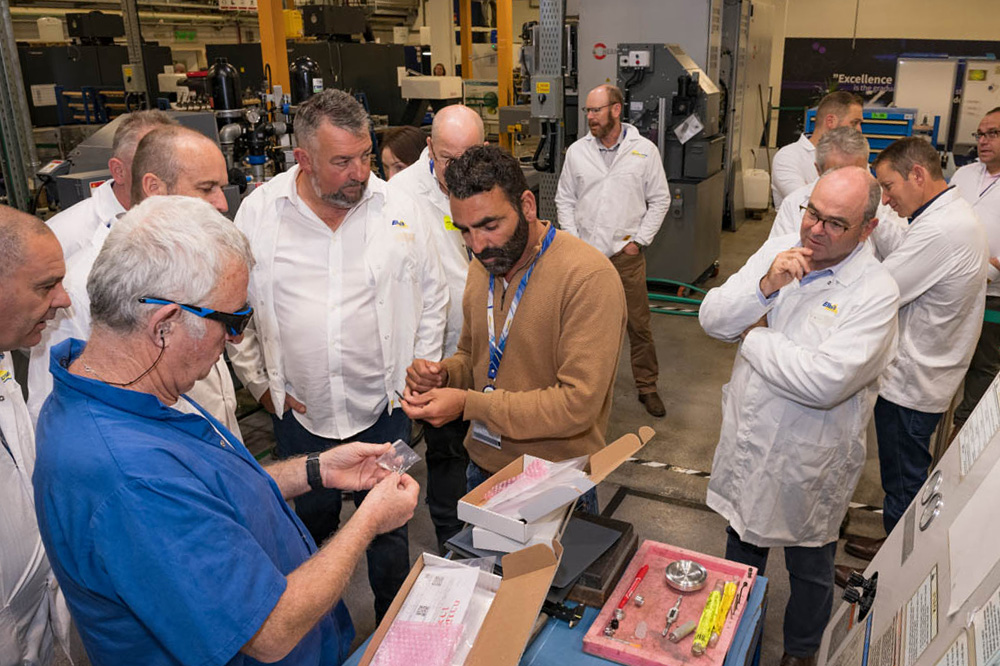
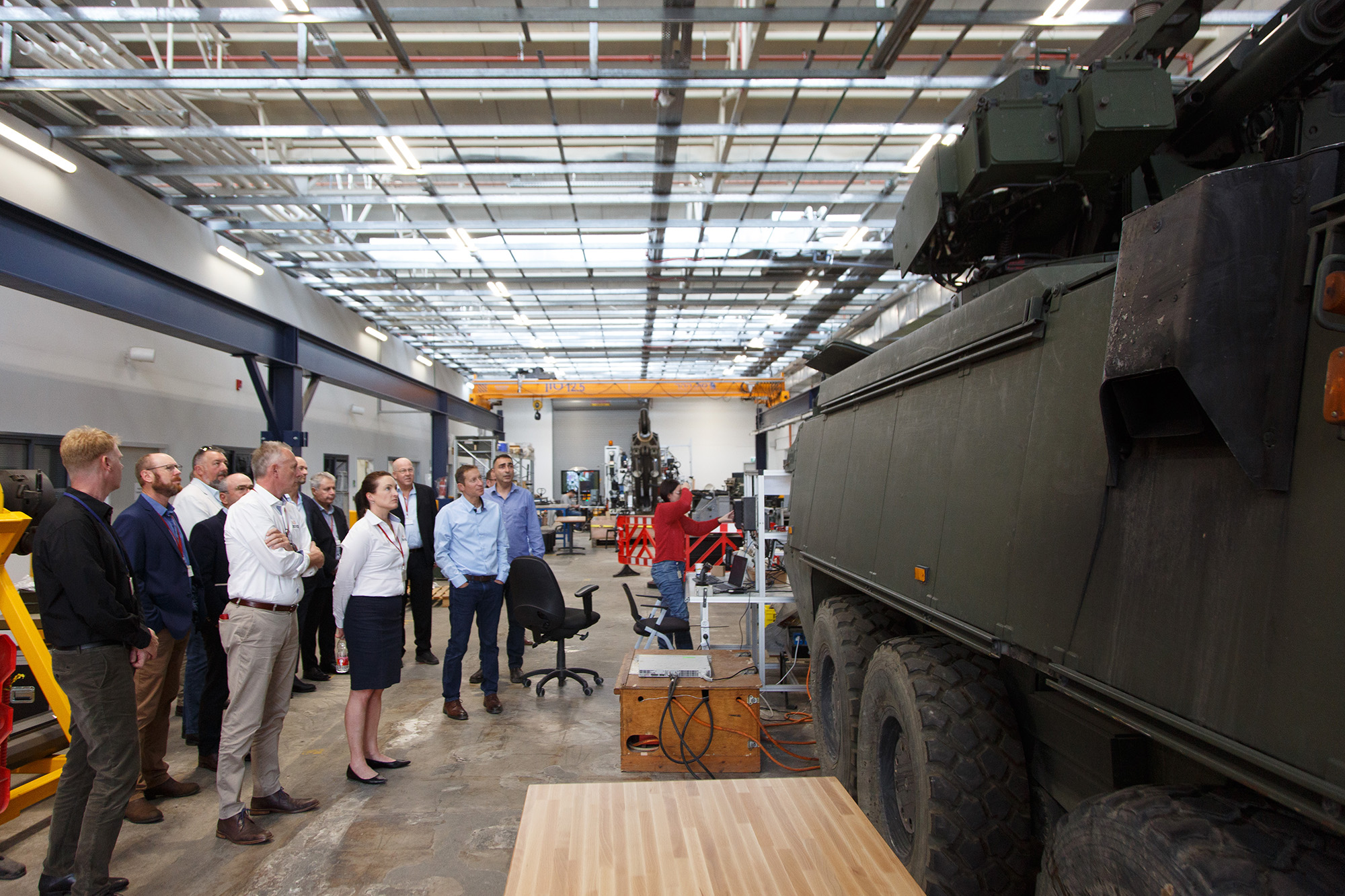

They conducted several education sessions for us detailing how we would work together if Hanwha are successful with the tender, and I learned methods of handling assembly instructions that I had never seen before. As soon as I returned to South Australia, we started internal discussions to explore how we could implement some of these processes into our day-to-day operations. So even if the Hanwha tender is unsuccessful, just being involved with Elbit throughout this process will have improved our business.
This partnership approach clearly emphasises the importance of knowledge sharing to achieve mutual success. It has certainly been a refreshing experience working with Elbit, who are not afraid to freely share their intellectual property but rather embrace it as a tool for collaboration and innovation. This showed me just how important it is for Primes to form relationships with potential suppliers if they want the trust and commitment of their suppliers.

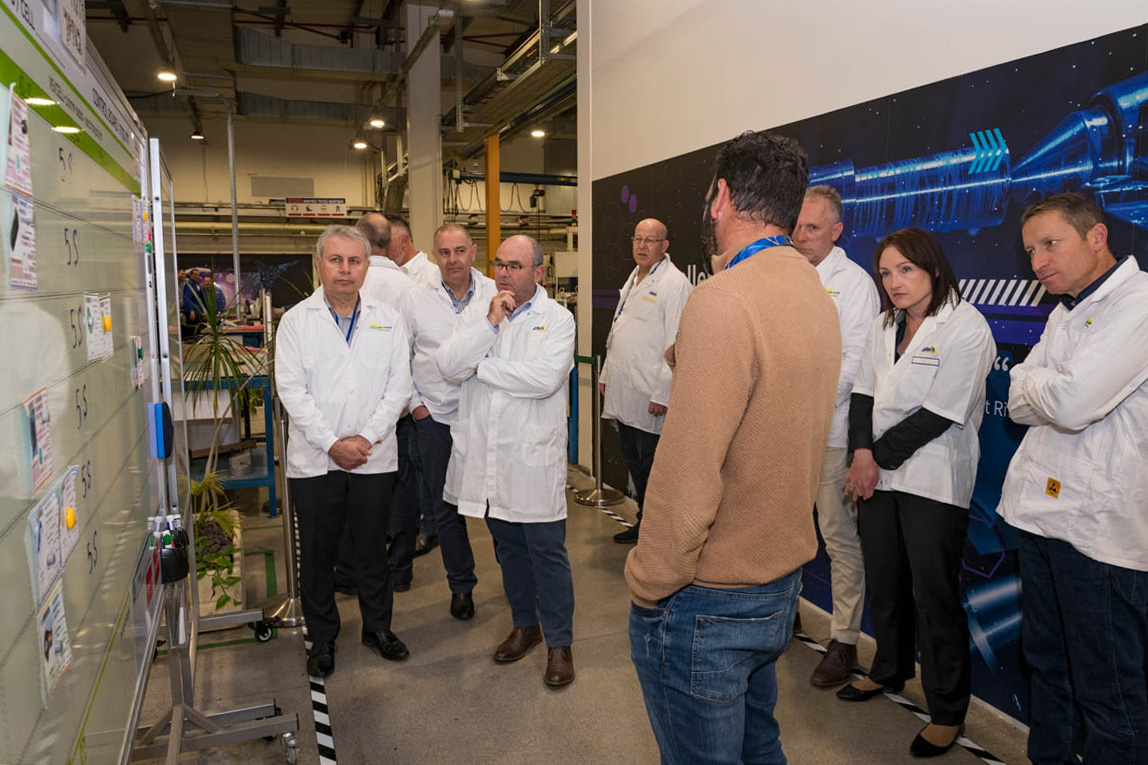

Why other Primes should take notice
At Rowlands, we appreciate the complexity of the tender process and understand that it can involve numerous requests for additional information. Over our 10-year Defence journey, we have noticed a tendency for primes to keep us at an arm's length. I’d love to know if you’ve had a similar experience.
This approach ultimately keeps us in the dark and makes me question whether the Defence journey is actually worth the effort.
I believe that if all Primes adopted a Hanwha/Elbit-style approach and worked in partnership with their suppliers, it would create better and faster outcomes. I would certainly be less adverse to keep providing re-priced options and variants. This collaboration style would allow both sides to build a higher level of understanding of each other's needs, thus helping us deliver information that best meets their requirements faster. Furthermore, I believe it will ultimately deliver a better result for the commonwealth.
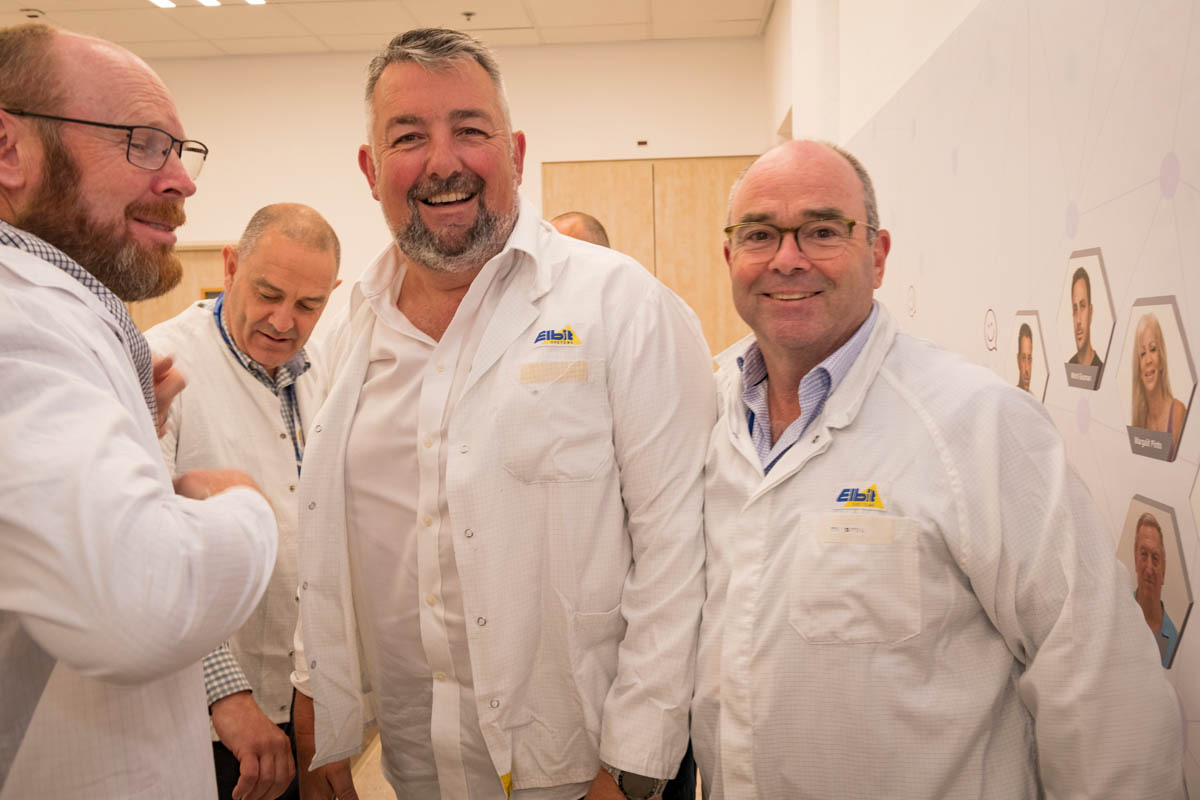

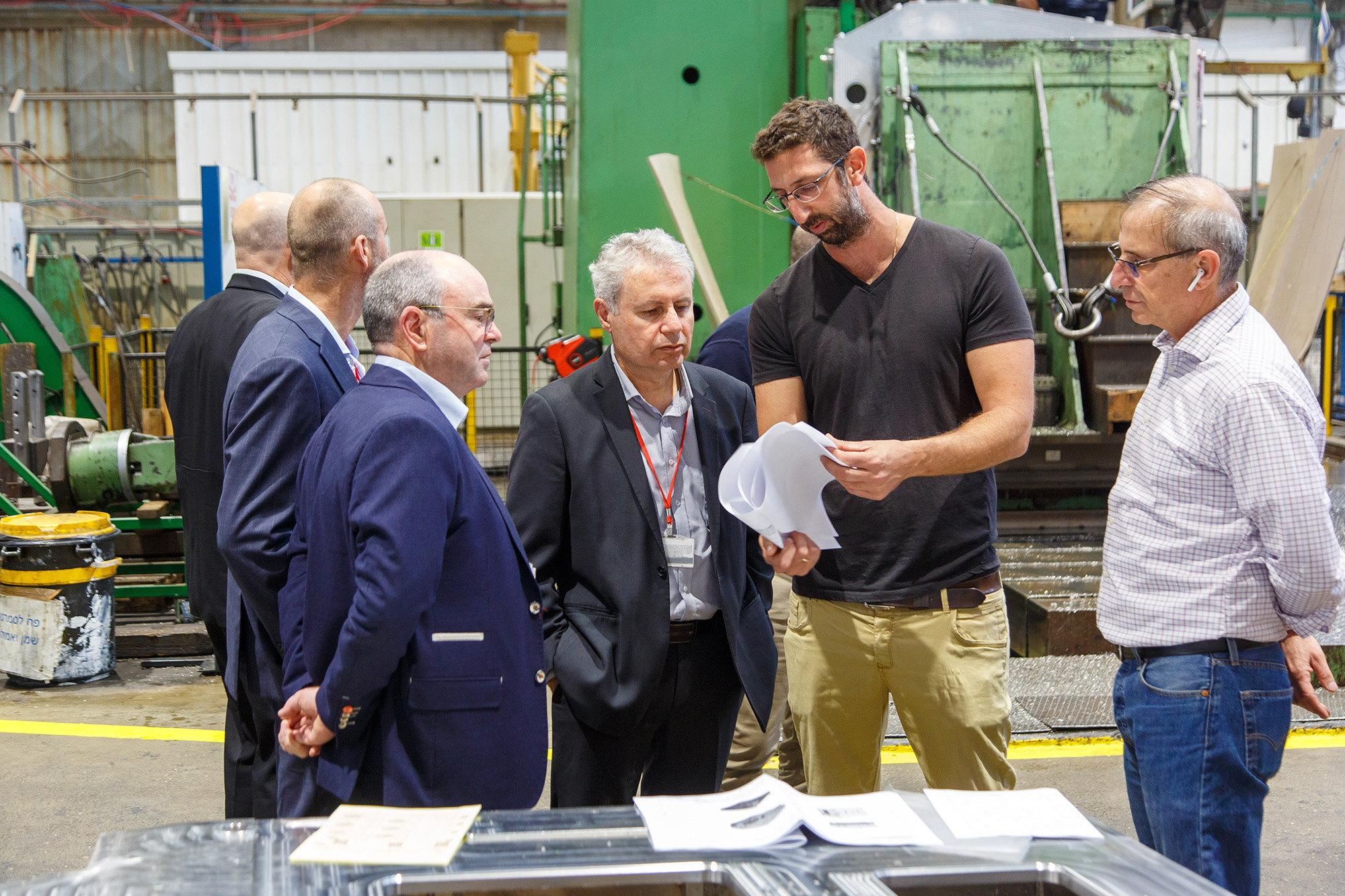
Conclusion:
Overall, the study tour to Elbit Systems was a complete success. Their unique approach to building relationships with suppliers through knowledge sharing was both eye-opening and inspiring. On the path towards mutual success on Defence projects, I would encourage all Primes to consider adopting an approach similar to Elbit’s. This will help contribute to filling gaps in understanding, allowing expectations to be met quickly and the supply chain to prepare themselves for the project with equipment and labour. Such an approach of collaboration will create successful, mutually beneficial partnerships between Primes and their suppliers — regardless of the sector or project type.
In my experience, the key ingredient for success is the desire to keep improving. And the inspiration to improve will most likely come from places that you don't expect. To grow, we must stay motivated and drive both ourselves and our teams forward. I would also encourage you to be open-minded and daring. You may discover unexpected opportunities if you take risks. Absolutely talk to partners and businesses in Adelaide or Australia, but don't be afraid to explore bigger opportunities further abroad in other countries. Taking risks can be very rewarding!

